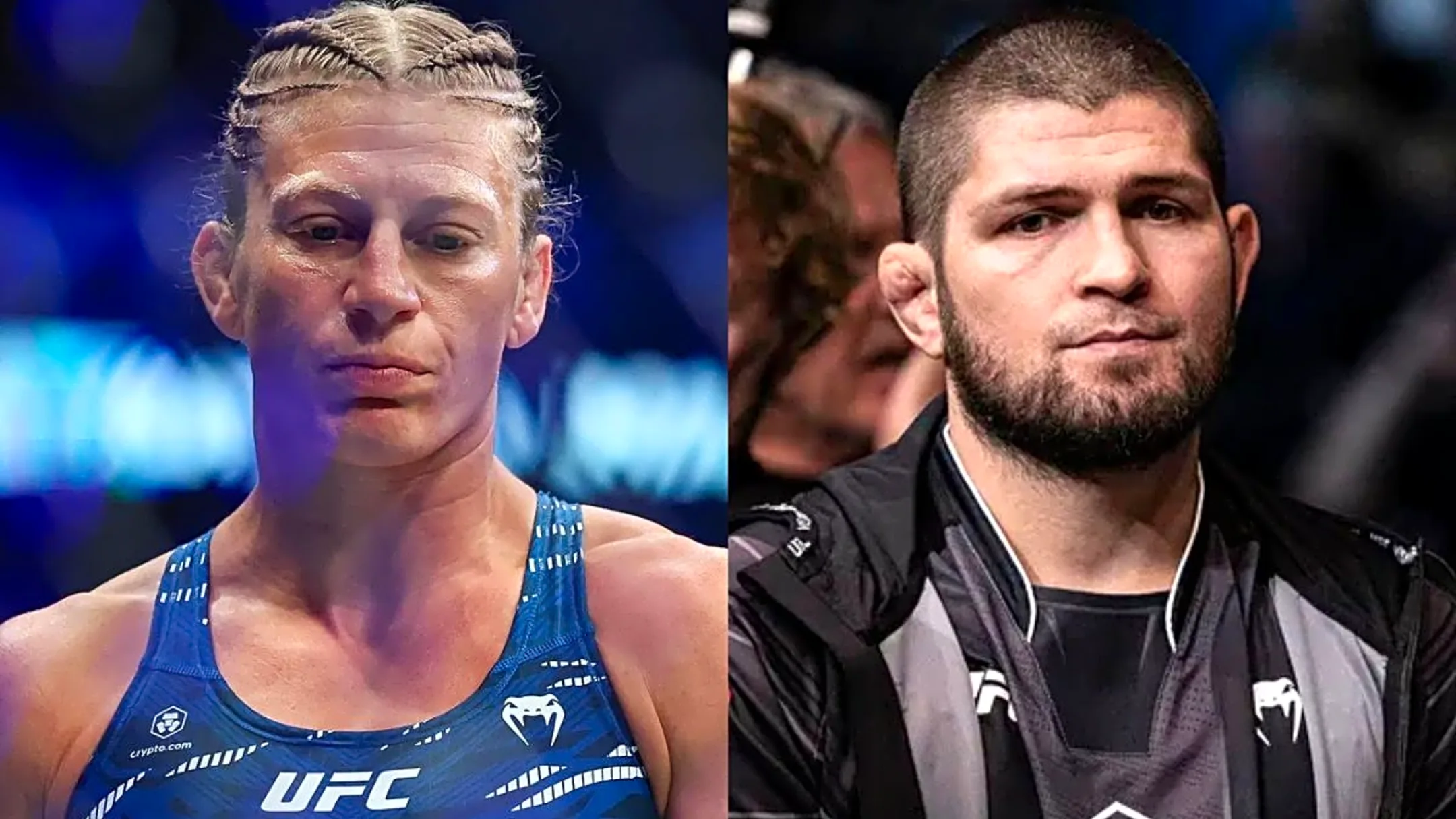Copyright yardbarker

They argued they are too small with “only ONE employee and 7–12 independent contractors” and that compiling records would “shut the business down” and cost six figures. They also insisted that many documents belong to fighters or sponsors and that plaintiffs should get information directly from the UFC. Their stance in short: we don’t have it, we can’t hand it over, and even if we could, you’re fishing. The court’s response? Basically: No excuses. Turn it over. Deadlines are now locked, with timelines for identifying devices, selecting a data vendor, reviewing search terms, and producing records, all before 18 November 2025. As indicated in the post by Feldman, Dominance isn’t just another agency. It manages more elite UFC stars than almost any other firm. Its negotiation history touches champions, megafights, and broadcast headliners. If the documents show UFC influence over fighter decisions, contract terms, sponsorship bans, and matchmaking pressure, the narrative could shift dramatically. This case isn’t just about back pay. It questions whether the UFC controls the market not only through contracts but through the managers fighters’ trust to represent them. However, that’s not the only legal drama surrounding Dana White’s promotion. Former UFC star Phil Davis files a lawsuit against the organization for hindering competition The courtroom war now stretches well beyond the Octagon, targeting the promotion’s grip on fighters inside and outside its cage. Following the $375 million settlement for fighters from 2010–2017, the Johnson v. Zuffa case continues for those who fought from 2017 onward. But there’s a twist. Many fighters in this era signed arbitration clauses and class-action waivers, complicating representation. So what did the lawyers do? They opened new fronts. First, Misha Cirkunov was tapped to represent fighters bound by those more restrictive modern contracts. A surgical move, designed to ensure no one falls through legal cracks. But then came the curveball, Phil Davis stepping in to fight for athletes outside the UFC altogether. As per MMA journalist John Nash, “Phil Davis [alleges] the UFC’s scheme impairs professional MMA promotions like PFL in their ability to attract a critical mass of top-level MMA fighters necessary to compete with the UFC at the top tier of the sport of professional MMA. And otherwise substantially forecloses competition in the market relevant to the case.” No big names means no big fights. No big fights means lower revenue. Lower revenue means lower fighter pay, from veterans like Davis to hungry prospects trying to break through. The picture forming now stretches far beyond one subpoena or one management firm. From Dominance MMA’s forced compliance to the rise of lawsuits representing modern UFC fighters and even those competing elsewhere, the spotlight is widening on how power truly works in MMA. The courts are no longer asking just whether fighters were underpaid; they are examining who controls access, leverage, and opportunity in the sport’s highest tier. And with suits like the Phil Davis action arguing UFC influence hurts everybody in the ecosystem, not just UFC athletes, the ripple effect may stretch across leagues like PFL, Bellator’s new era under PFL ownership, and beyond.



